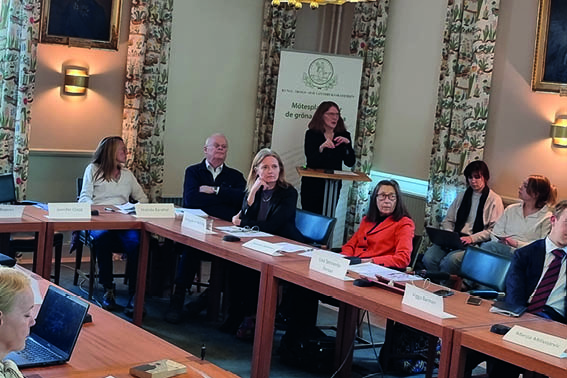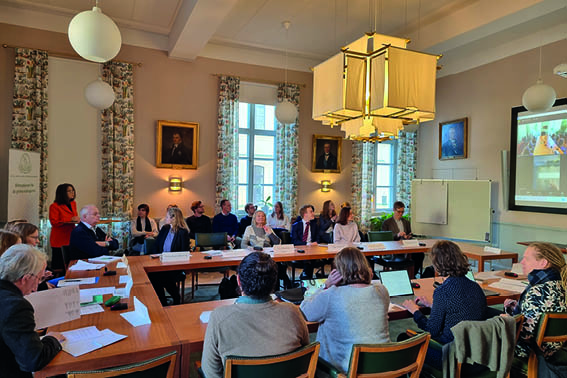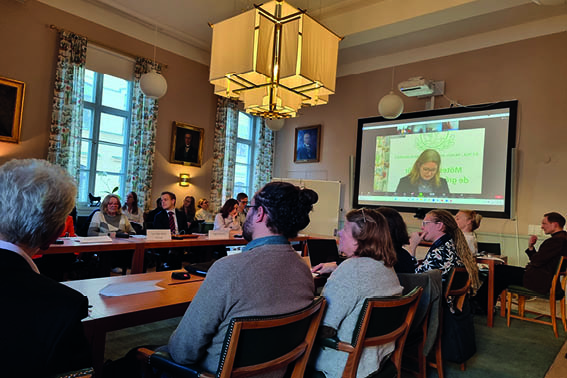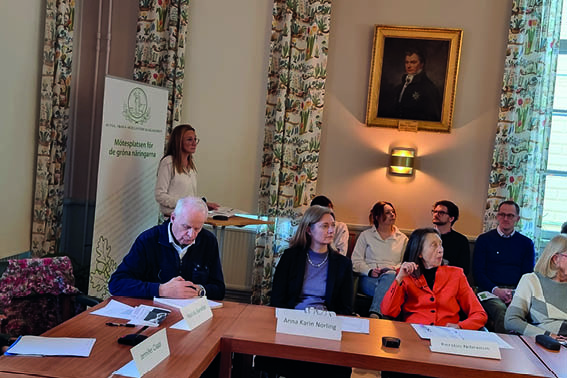3 KEY TAKEAWAYS:
- Diverse roles and power differentials in food systems require us to design science-policy-society interfaces (SPSIs) in ways that ensure legitimacy through achieving the I-TrACE principles.
- HLPE-FSN has unique legitimacy as it follows those few principles. It shapes ideas in policy reform that feed into policy convergence processes.
- Challenges remain for SPSIs in food systems spaces. The design and ideas of SPSIs matter, but interests and geopolitics also shape outcomes.



